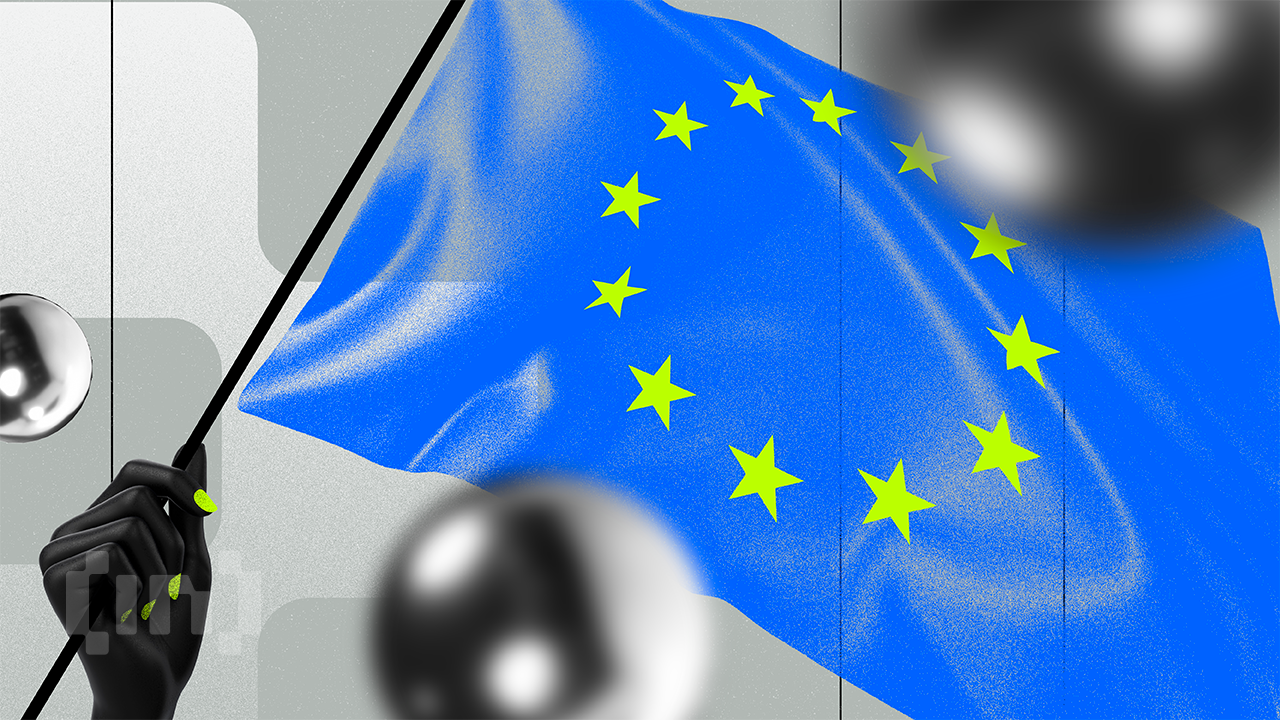ECB Panics Over Trump’s Crypto Embrace—Scrambles to Rewrite MiCA Rules

Frankfurt’s bureaucrats hit the alarm button as US political winds shift. Subheader: Regulatory whiplash—EU central bankers fret Trump’s pro-crypto stance could undermine their control. Closer: Watch the ECB try to ‘protect’ markets by doubling down on red tape—because nothing says ‘financial innovation’ like a committee-designed straitjacket. (Bonus jab: Meanwhile, Goldman Sachs quietly buys up ETH futures—hypocrisy reaches ATH.)
ECB Thinks MiCA is Too Lenient
MiCA only took effect four months ago, but the ECB is already having serious second thoughts. According to a recent report, it is concerned about the relative competitiveness of USD stablecoins, which may take over the European market.
As one commentator, Mikko Ohtamaa, put it, it has good reasons to worry about the future:
“The EU had the first mover advantage with the regulation and they screwed it up. No EU stablecoin is internationally competitive because the inherited business unfriendliness that was baked into the MiCA by the lobbying efforts of banks and other legacy financial institutions,” he claimed via social media.
Since the EU first approached the topic of stablecoin regulations, it has profoundly impacted the region’s market. After MiCA took effect, Tether left the European market altogether.
Most recently, Ethena Labs, too, pulled out of Europe after failing to get MiCA approval. These firms had no such problems in the US.
In an interesting twist, the ECB’s concern is not that MiCA is too harsh, thereby preventing innovation. As Politico claimed, it instead worries that existing regulations aren’t strong enough.
Instead, it acknowledged President Trump’s stated goal to use stablecoins to promote dollar dominance and fears that US assets could flood European markets. It wants to fight back head-on.
This is at the heart of the controversy between these EU institutions. The European Commission reacted with hostility to the ECB’s proposed MiCA changes.
Apparently, the Commission claimed that some of its specific concerns were “nonsense,” and suggested that it was merely continuing to push for the controversial digital euro.
That is, it seems that most EU institutions are satisfied with existing stablecoin regulations. Besides, if the ECB gets its proposed MiCA reforms, would that even matter?
The crypto markets reacted with shocking ambivalence to its recent rate cuts. Europe is in danger of falling behind in the global Web3 economy, and more restrictions aren’t likely to help.

